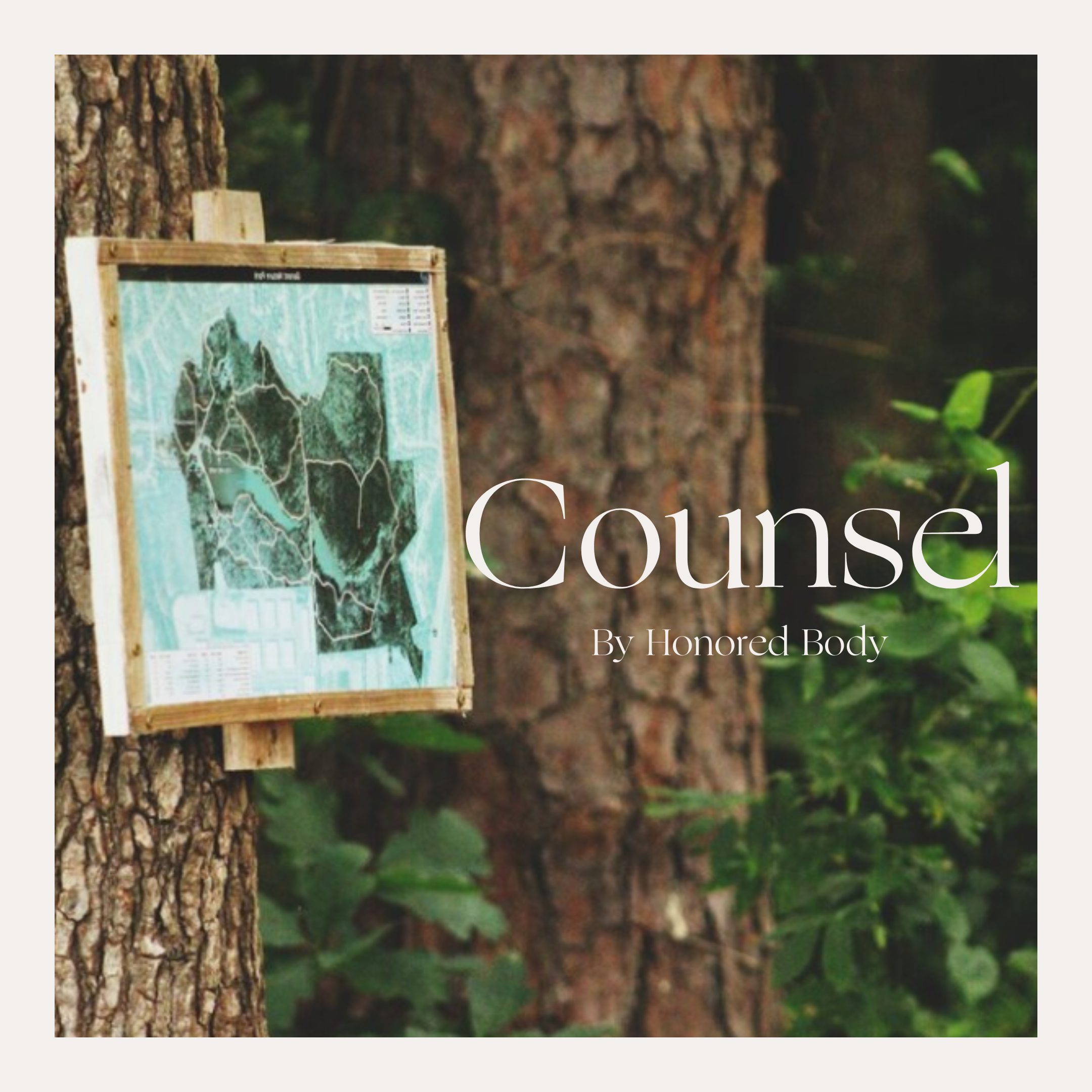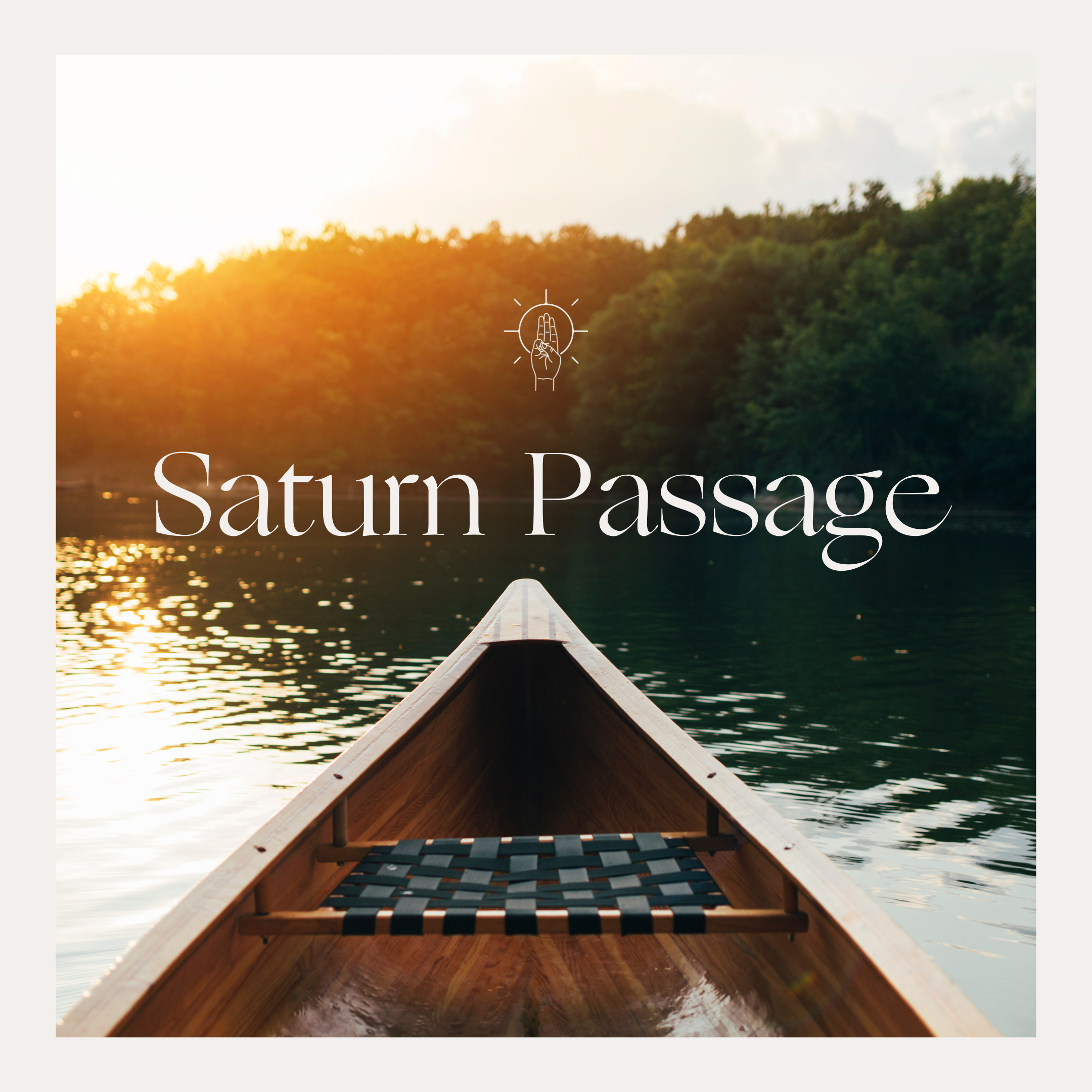Being “Special” + The Paradox of Individuation
From the time we are born,
many of us are told we are special. If we are lucky enough to be loved and treasured—as each each new thing that graces this planet deserves to be—we are imbued with the knowledge that we are a unique and valuable human being. A great number of us however, encounter experiences early on in our lives that tarnish this understanding and we spend decades seeking proof of it. When our innate uniqueness is judged, or we are not loved and supported as we should have been, we feel flawed or lacking and look outside of ourselves for the correct way to be. We assimilate and conform until one day—with any luck—we are faced with who we really are suffocating underneath who we have become. So begins the process of individuation, and we are likely to encounter it several times throughout our life or else always be mutably involved in it.
We come into this plane with self-world differentiation, we innately know what is us and what is the other. This has been exemplified through studies of the rooting reflex in newborns, we seek the response and validation from the other (See 1.). We are given a name, and as we grow, our differences from the other become more and more apparent to ourselves. Around the age of three years, we develop self consciousness and we try to find a sense of self that feels safe and comfortable. For many of us, this is to box ourselves into a way of being exemplified by the folks we see receiving love and attention. We contort the parts of us that stand out in comparison, we shrink or bend in ways beyond our own comfort, and paint ourselves the same color of everyone around us.
And yet, even in conformity, we strive for the status of being “special.” This is because we associate love and success and happiness with being “special.” Somewhere along the line, a life experience or the process of self-work imparts upon us the knowledge that our uniqueness is inherently special, and we begin to reconnect with the parts we have boxed away or bent out of their natural shape. We extend our necks, elongate our fingers and bring our energy back into our form. We take ownership of specialness as our birthright.
Individuation can be defined as the simple act of being identified or distinguished from others.
It also represents the more complex integration of the psyche; according to Jung this is a process where the individual self develops out of an undifferentiated unconscious. This process can be triggered by a life experience, by a book we read, or a person we meet. We then seek more books to read to understand our habits, strengths and conflicts; more people to help explain ourselves to us. There are countless tools that we use throughout the process of individuation; labels that we ascribe to ourselves; frameworks to understand who we really are. One such framework is Human Design. Its ability to outline in specific detail not only the qualities and traits in one’s personality, but also their body’s strongest mechanisms and the themes through which they experience this life, provides profound insight into an individual and how they are meant to operate harmoniously with the world.
By knowing ourselves more deeply, we increase our self-worth and our sense of value. We understand not only what makes us tick or triggered, but what we truly want and how to use our strongest attributes to get us there. We see the world with our own eyes and understand the sanctity of our sovereignty. Individuation gives back our fundamental power as beings with clarity of purpose, and we sail through the experiences of our lives, not necessarily without challenge, but secure and steadfast.
While it is inherently true that we are each special and unique individuals,
it is only half of the more complex duality that we are special and inextricable from the whole. Individuation singles us out as separate from the other, but it also illuminates our distinctive place in relationship to the other. A place that can only be occupied by our unique self; a space in the collective in the exact shape of our being. The pure expression of our uniqueness relative to the world outside of us serves the harmony of the Cosmic Whole (See 2.). Without this duality, our individuation is indeterminable.
This duality however is often overshadowed by the preoccupation with “specialness.” We hunger for the recognition by others as “special,” without regard for their own dignity and uniqueness. We copy what we see collectively deemed as “special” in an effort to emulate it. We forgo true individuation for the classification as “special.” We have come up with all kinds of boxes and labels and categories, the hierarchy of which is constantly in flux. We affix these labels like badges on a sash, eager to show others which ones we have and they don’t. “Specialness” receives attention and we equate that attention with love.
This is not to say that a label or distinguisher cannot be valid or helpful. As humans, we like to put labels on things and doing so can encourage community and organization. However, when these labels are assigned a certain value by the collective ego, we deny the inherent dignity that comes with inherent uniqueness. We depreciate the gift that individuality imparts on the collective. If you are building an infinite Cosmic puzzle, there is not one piece that is more significant than the others. They each serve a purpose, they are interconnected, and they are each truly unique.
A preoccupation with “specialness” can lead to an ego-centric perspective, one that we already battle with as humans who interact with the collective ego. We set about measuring ourselves against one another, competing to be more special, more lovable than the person next to us. As a species we often, even unconsciously and subversively, deem ourselves more special than other creatures for one reason or another. Nevermind a loss of the value in our immediate and global community, when we seek “specialness” over each other and over other creatures we further excommunicate ourselves from the Harmony of the Cosmic Whole. We encounter and create further discord. It can become a habit to use this “specialness” as an excuse for a lack of personal responsibility. As if through “specialness,” we can be physically elevated above our connectedness to one another and to our world.
True individuation is not a crusade for “specialness.”
To fully embody our individuation, we must accept our interdependence with the collective and with the Cosmic Whole. When we strike that golden balance between embracing our individuation and fostering our relationship to community as an individual, we are bolstered in exactly the places we need support. We are received in dignity. And through our individuality—the combination of our strengths, wisdom, and challenges—we are capable and obliged to support, teach, and love others.
When we further our interdependence, we further our individuation.
1. http://psychology.emory.edu/cognition/rochat/Rochat5levels.pdf
2. This is a concept I refer to quite often of a system of harmonics of all consciousness, derived from the IChing. Another such concept is that of the collective ego—a hive mind, if you will, that desires to control the human experience for the sake of predictability.





